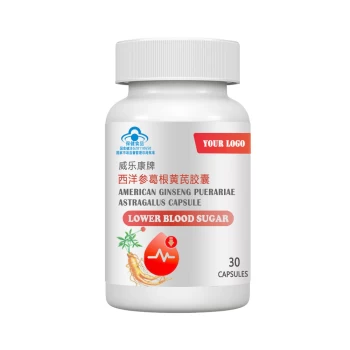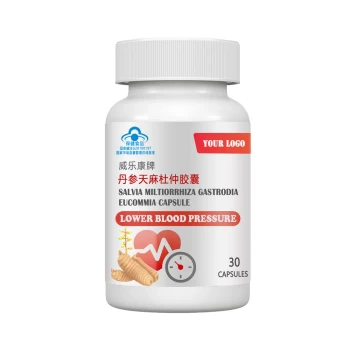Vitamin K, also known as coagulation vitamin, is a type of vitamin with phylloquinone biological activity. Vitamin K includes several forms such as K1, K2, K3, and K4.
Promote blood coagulation: When platelets are damaged or local tissues are damaged, vitamin K is needed to participate in the blood coagulation process, which can promote blood coagulation. Vitamin K is usually used for patients with coagulation disorders or excessive bleeding during surgery. It has physiological effects such as preventing bleeding diseases in newborns, preventing internal bleeding and hemorrhoids, reducing heavy bleeding during menstruation or frequent nosebleeds, and promoting normal blood coagulation.
Preventing bone hyperplasia: Vitamin K can also be used to prevent bone hyperplasia. Since vitamin K can help osteoblasts secrete, it will be converted into effective osteocalcin, thereby promoting the deposition of calcium ions in the blood to the bones. The gluten produced by vitamin K and calcium together form bones, which can increase bone density and thus prevent bone hyperplasia.
Analgesia: Vitamin K can act as an analgesic. When patients suffer from colic due to bile duct spasm and intestinal spasm, the pain can be relieved by intramuscular injection of vitamin K.
Strengthen bones: Vitamin K strengthens bones, helps prevent bone loss, prevents diseases such as arteriosclerosis, protects blood vessel flexibility, and reduces cardiovascular and cerebrovascular diseases.
Improve cardiovascular disease: Vitamin K can prevent vascular calcification





















